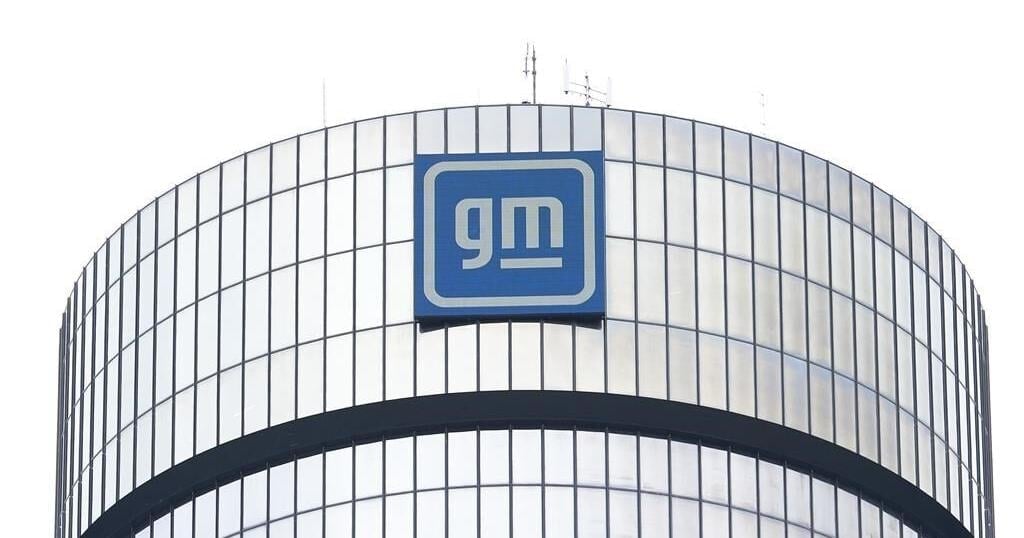TORONTO – As Wealthsimple marks a decade in operation, the financial platform is disclosing for the first time that it’s profitable as its revenue and assets jump.
The company that started as a robo-advisor has been steadily adding investment capabilities over the years as well as more bank-like features as it tries to lure customers away from the established players.
Wealthsimple’s suite of offerings, which include everything from no-commission trading to the recent addition of mortgages, has helped it amass more than $50 billion in assets, roughly double what it had a year earlier.
“We benefit from that as a business because it means a more diversified, resilient set of revenues, a deeper relationship with our clients,” said chief executive Michael Katchen in an interview.
The private company, in which Power Corp. of Canada and related entities own a controlling stake, said its second-quarter revenue of $129 million was up 88 per cent from last year as it counts more than three million customers.
Even before the revenue jump, the company said it’s been profitable since the second quarter of last year, though Katchen declined to provide further details on how much money Wealthsimple is making.
Wealthsimple has faced skepticism over whether its low-fee model could turn a profit because of the scale required, a concern Katchen says the company has proven wrong.
“What is so important about being a profitable business with the business model we have is, we’ve proven you can.”
Wealthsimple’s growth has not come without bumps, including cutting around 13 per cent of staff in 2022 as the market pulled back.
It also ditched U.S. expansion efforts after selling its U.S. book of business to Betterment in 2021, and sold its Wealthsimple for Advisors to Purpose Advisor Solutions as it focused in on Canadian consumers.
The company’s valuation is also down from its peak. Power Corp., which across several divisions together held a 55.1 per cent undiluted equity interest as of June 30, said the fair value of its holding was $1.5 billion. That’s down from $2.1 billion in 2021.
But the company has still managed a steep climb in assets from growth across the board, whether it’s wealth management, trading and brokerage or its banking business, said Katchen.
It comes as Wealthsimple increasingly positions itself as a full-suite alternative to the big banks, including boosting its banking services last year, that has helped lead to a $20 billion boost to the bank’s net deposits.
“We’ve been pretty excited about a more complete product offering,” said Katchen.
Wealthsimple, which also offers tax services after buying Simpletax in 2019, launched a mortgage offering earlier this year and plans more credit products ahead along with an expansion into insurance, he said.
It’s all part of the company’s effort to rival the big banks, by having more than a trillion dollars in assets under administration.
While Katchen had originally said he’d want to reach that goal within the first fifteen years, he’s now aiming for a slightly less ambitious timeline of within 20 years of co-founding Wealthsimple.
“We’re not done yet,” he said. “We’ve got a long way to go.”
This report by The Canadian Press was first published Sept. 18, 2024.
